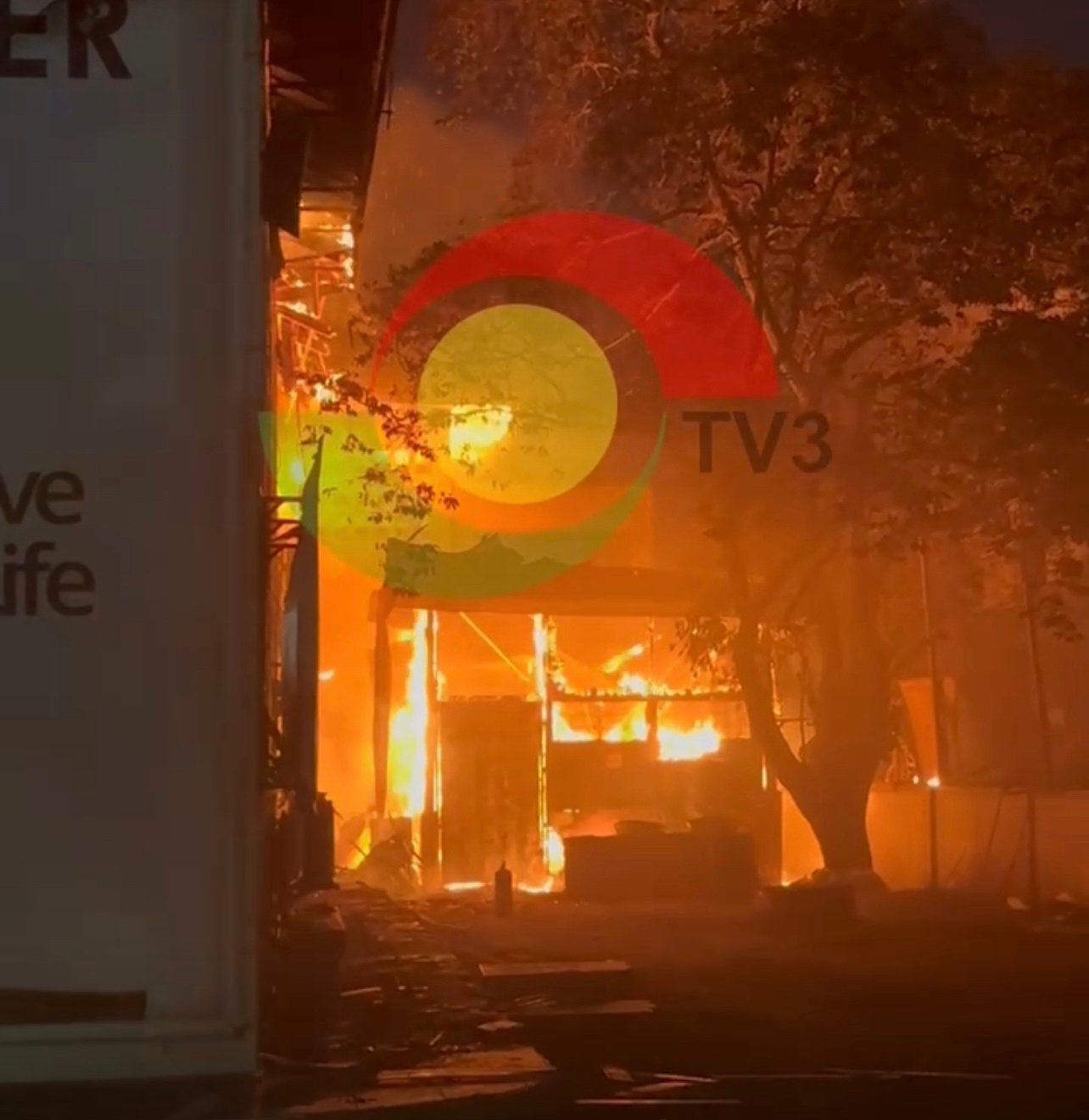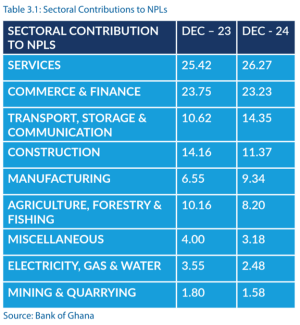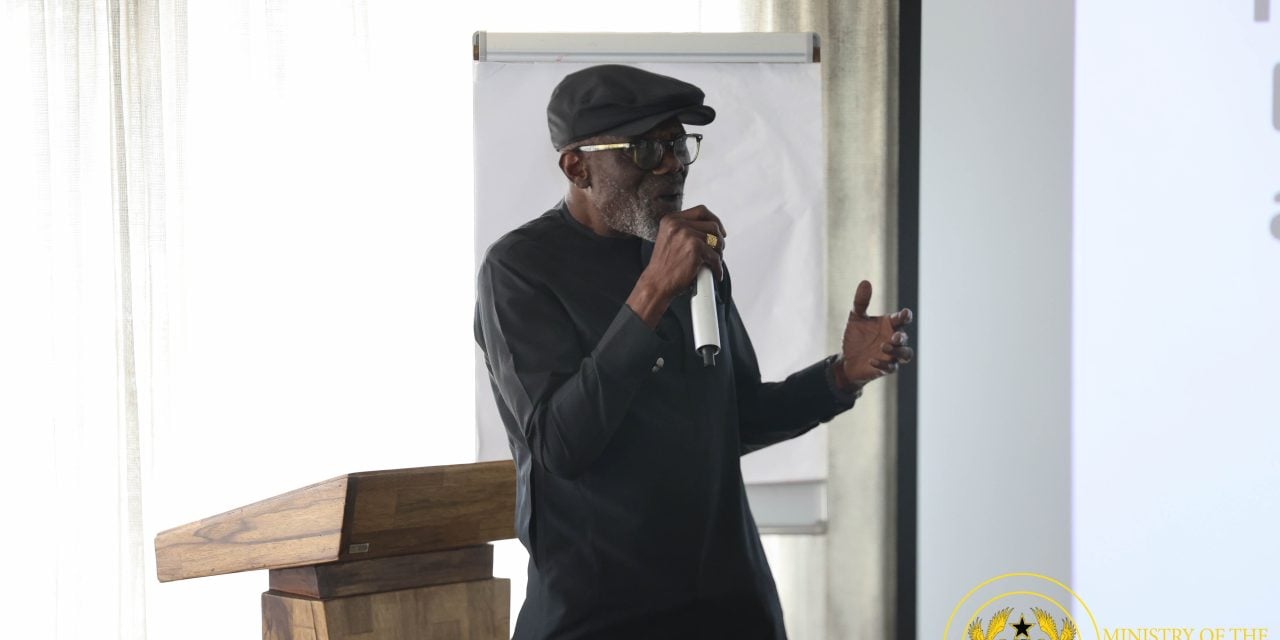
The hierarchy of the judicial system in Ghana makes a distinction between the lower and the higher courts-- the District and the Circuit Courts being the lower courts and the High, Appeal and the Supreme Courts being the higher courts.
To that effect, while judges of the District and Circuit Courts are addressed 'Your Worships' and 'Your Honours', respectively, judges of the High, Appeal and Supreme Courts are addressed 'My Lords/Your Lordships/Ladyships'.
It appears to me, however, that the judges of the District and Circuit Courts are no longer comfortable with the title 'Your Worship/Honour', even though at the beginning of every sitting, they are ushered in by the clerks with their appropriate titles.
I have observed that any lawyer who addresses a Magistrate or a Circuit Court Judge in court by the appropriate title is regarded or looked upon as 'wayward' because the titles 'Your Worship/Honour' have almost disappeared and replaced with 'My Lord'.
My very close observation of the demeanour of the Magistrates and Circuit Court Judges has also led me to conclude that the Magistrates and Circuit Court Judges have become more comfortable with the title reserved exclusively for judges of the higher courts.
Indeed, if I were a Magistrate or a judge of a Circuit Court, I would insist that I am properly addressed, should any lawyer pretend to honour or confer an undeserved title on me.
Why should a Magistrate not accept the title 'Worship' or a Circuit Court Judge become uncomfortable with the title 'Honour'?
For me, the two titles, no doubt, confer enough respect and honour because the word 'worship' is associated with God/gods.
According to Michael Jordan's Encyclopedia of Gods (Hardcover - July 1993), there are more than 2,500 deities of the world. The Encyclpaedia notes that since the beginning of time, puzzled by the same mysteries and same fears, people on every continent have attempted to explain the mysteries and allay the fears in the same way-- through the worship of God/gods.
And here we are-- a fellow human 'worshipping' his or her colleague or calling that colleague 'Your Honour'/'Your Worship' and the addressee prefers 'My Lord/His Lordship/Ladyship?
The reasons for the preference are, however, not far-fetched. First, the environment within which the District courts operate is, essentially, a factor in making the magistrates feel inferior--a situation which predisposes them to frowning on their deserved titles and becoming too willing to accept higher titles to boost their ego.
The environment within which the lower courts operate is simply unattractive--poor furnishings and hot atmosphere resulting from the lack of or broken-down air conditioners and ceiling fans, most of which are rusty.
The dress code for lawyers is another element in the equation. For, while lawyers are required to be in their prescribed attire (gown, bib and wig?) in the higher courts, the lower courts are not bound by the requirement--a clear case of discrimination by the judicial system against the lower courts. Otherwise, why should there be this option, if not an exemption?
The fact that judges of the Circuit Courts and Magistrates have limited jurisdictions does not and should not make them feel inferior. They have very important roles to play in the adjudication system. Yet, the term 'inferior' is used to describe the lower courts over which the magistrates and circuit court judges preside. Thus any recognition, false though it might be, that gives them an enhanced stature is, therefore, most welcome.
Magistrates and judges of the Circuit Courts should, therefore, recognize themselves as very important and indispensable officers of the law, resist the temptation of accepting bribes and rather work hard to earn their promotions through the delivery of sound judgments.
The 'crime' of rejecting the title 'Your Worship' could, however, be described as a misdemeanour, compared to that of our court bailiffs.
Here is a courtroom scenario: Court Rise...
His/Her Lordship, the Judge:
The Judge takes a bow and the Bar responds with a bow.
Court Clerk: Case Number C11/173/2017
Dumega Azagidi Akpoxolo Vrs Hunua Kpogli Gabada & Gagblezu Avulenu
Court Clerk: Plaintiff present, Defendants absent
Judge: Any legal representation?
Respectfully, My Lord, I am McCarthy Guggisberg--for the Plaintiff.
Defendants lawyer absent.
Judge: What is the business for today?
McCarthy Guggisberg: My Lord, we have before you a Motion on Notice for an Interlocutory Injunction against the Defendants.
Judge: Have you served them with the Motion?
McCarthy Guggisberg: My Lord, we have. The Application was filed on July 7, 2017.
Judge: There is no proof of service on my docket.
If the Application is on Notice and the Respondents are not in court, without proof that the Respondents have been served with the process, the Judge cannot hear the Application, and under the circumstances, the case has to be adjourned.
Meanwhile, the hearing of that application might have been adjourned several times earlier either because the judge was sick, called to a meeting by the Chief Justice or one lawyer had asked for an adjournment due to 'circumstances beyond control'.
The concern is, however, on the failure by the bailiffs to show proof that a process had been served--and this omission has become routine and regular. While they ensured that their transportation to serve the processes are paid, they omit to complete the work by notifying the judge that service had been effected which will endorse the judge's action to hear an application in the absence of a party.
Three questions: Is this behaviour on the part of our bailiffs an indication of the lack of effective supervision or the negligence of litigants and their lawyers to compel the bailiffs to discharge their duties efficiently, or that the bailiffs have become lawless, where lawlessness means indiscipline.
This indiscipline must stop. The cost involved in one unnecessary adjournment is too high to be paid and the delay necessitated, thereby, is highly provocative. A client abandons his private earnings and travels from Ho or Accra, for example, to the High Court, Denu, only to be given another date to attend court because of the poor attitude to work of a court officer.
We cannot continue to swallow this bitter pill for no sickness. Some remedial measures are required--and the supervisors of these court officers cannot be pardoned for the omission and commissions of their agents. Bailiffs, you may sue me for the sweeping generalization.
The writer is a legal practitioner and a journalist.
Read Full Story















Facebook
Twitter
Pinterest
Instagram
Google+
YouTube
LinkedIn
RSS